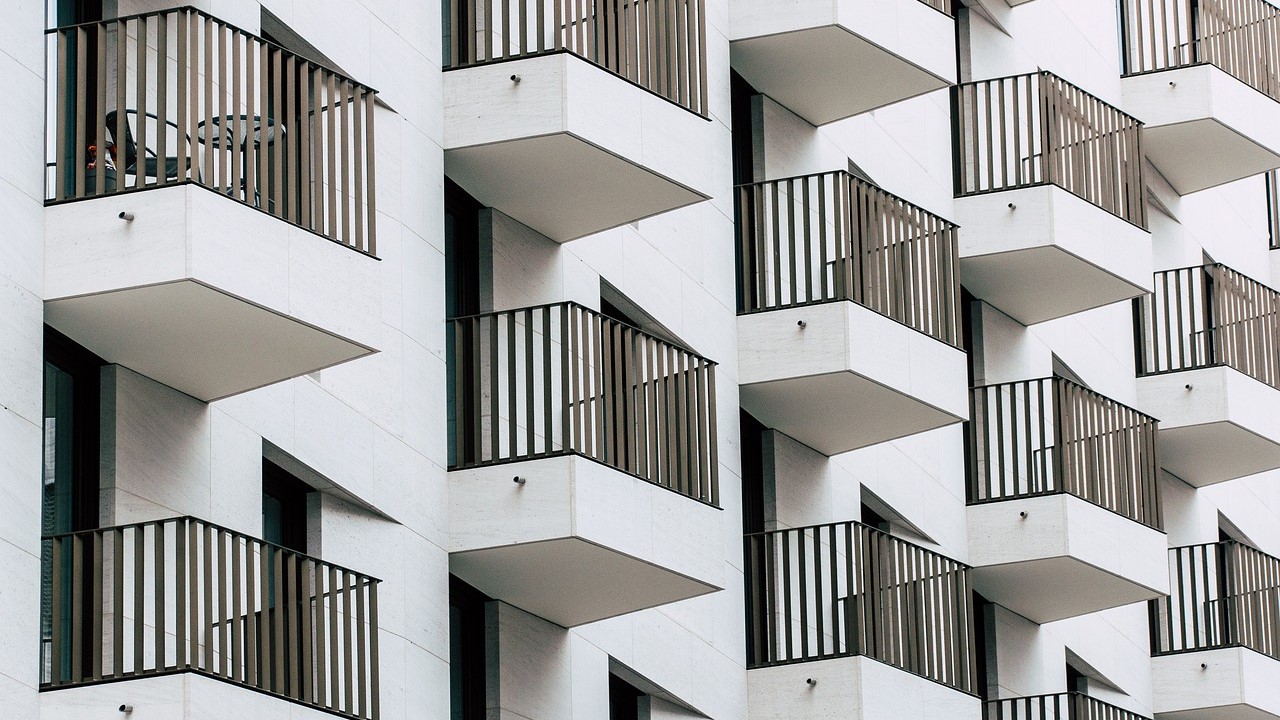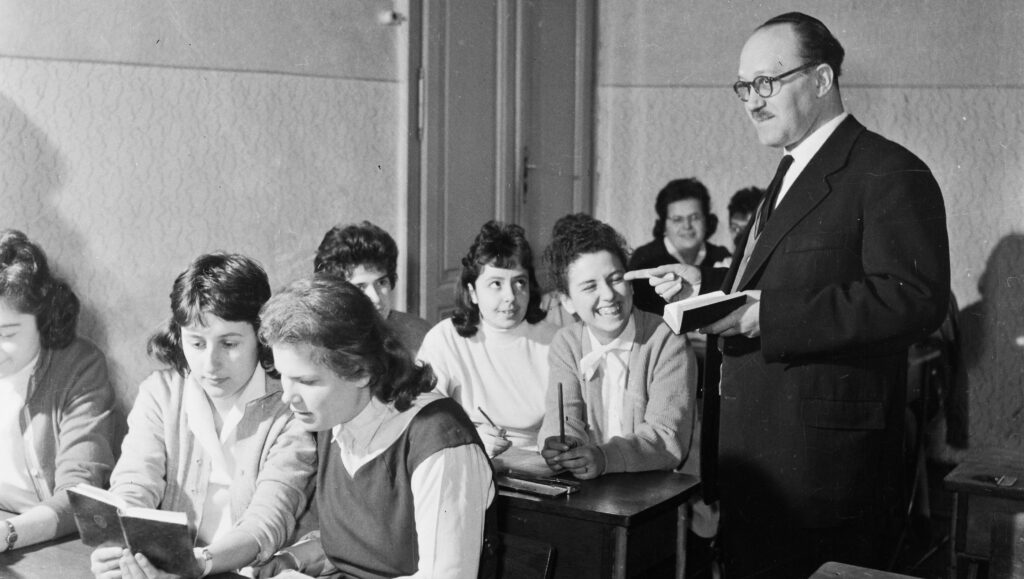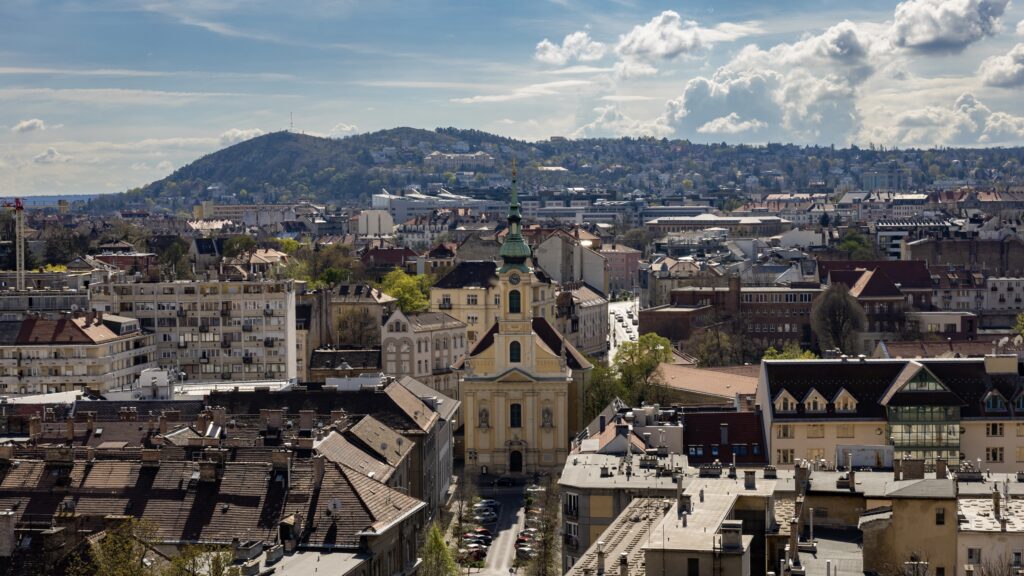In 2019 Gergely Karácsony assumed office as Mayor of Budapest, with a series of promises, particularly focusing on improving the housing situation. Since then, however, the housing crisis in the capital has worsened, while most of the pledged reforms and programmes have not materialized. The Hungarian government has now decided to step in and is planning comprehensive schemes to alleviate the crisis in the capital city and other large cities.
Unfulfilled Promises
Karácsony’s programme included the creation of a Metropolitan Housing Company, which was intended to execute non-profit housing construction projects. However, the transfer of land to the company never took place, so the housing programme failed to launch. A Housing Agency was indeed established but has shown extremely weak performance: it signed contracts with only 25 property owners and managed to rent out only three flats six months after its inception. This stands in stark contrast to the promises made during the campaign, which emphasised the construction of numerous rental flats.
The mayor also pledged to renew the management and maintenance of the capital’s existing housing stock. While the preservation of housing stock was formally achieved (the number of flats owned by the City of Budapest increased from 1,238 to 1,244 between 2019 and 2022), plans for maintenance and refurbishment have not been implemented. There has been no significant improvement in the comfort levels of council flats either.
Student Halls of Residence and Airbnb Issues
The situation regarding student halls seen no progress. Despite the mayor’s promises to support the construction of new dormitories, none have been built. Moreover, the Budaörsi Road dormitory, originally with 312 places, has been standing vacant for years, and instead of renovating the Kelenföld hall of residence, steps have been taken towards selling the property.
Short-term rentals, such as those offered by Airbnb, present another challenge to the Budapest housing market. Despite the mayor’s pledge, no comprehensive regulations have been introduced to address the problem. Although certain districts, such as Terézváros, have taken independent steps to limit Airbnb-style rentals, city-wide regulations are still lacking.
The Housing Crisis in Numbers
In recent years the real estate market in Budapest has seen dramatic price increases. The price of newly built flats rose by 13.9 per cent within a year, reaching an average of 3,260 euros per square metre in 2023. Rental prices have also continuously risen: the average monthly rent per square metre increased to 11.3 euros, further exacerbating young people's housing difficulties. Purchasing an average new build property in Budapest requires 10.4 years of gross average earnings, placing the city in the middle range in European comparison but still posing a significant burden on the population.
According to the Hungarian Central Statistical Office (KSH), housing costs consume a significant portion of net income, especially for young people, who spend 40-60 per cent of their income on rent. Buying a home presents an even greater challenge, as acquiring a larger 75-square-metre apartment now requires more than 12 years of average income.
Thus, accommodations of all sorts are becoming more expensive at a rapid pace, and it is increasingly difficult to buy or rent property. But how many people are affected by this?
Even in Budapest, 81 per cent of people live in privately owned properties. Of the 800,000 households, only 140,000 rent their homes. In reality, the high prices and values positively affect four-fifths of Budapest residents, as the value of their property is increasing. Therefore, one should be cautious when discussing this issue, as the general political weight of the situation prompts a more careful choice of words.
What to Expect?
Although the capital has been unable to manage the housing crisis, the government has recognized the seriousness of the issue and considers it its responsibility to alleviate it. Acknowledging that Budapest is facing a severe housing problem, the government is examining several measures, including the following:
- Stricter Regulation of Private Accommodation Services: The government has announced a two-year moratorium on new Airbnb permits and is expected to raise taxes on them by four to five times. Why is this important? Since the COVID-19 pandemic, the number of Airbnb accommodations has doubled, involving 16,000 flats that would otherwise be available to renters in Budapest. This could ease the housing market tensions caused by properties rented for tourism purposes.
- Rental Regulation: Stricter regulation of rental prices and lease agreements is also under consideration. The government aims to protect tenants and moderate the rise in housing prices.
- Expansion of Student Halls of Residence Capacities: With support from higher education institutions, the government aims to increase the number of places available, ensuring that students have access to affordable housing.
- Youth Housing Programme: The government plans to launch a housing programme aimed at addressing the housing problems faced by young people, providing them with affordable housing options. A decision has already been made to cap mortgage interest rates at a maximum of 5 per cent and rent contribution as a state subsidy is also being considered.
These measures may help alleviate Budapest’s housing crisis and are expected to achieve more than what the leadership of the Budapest Municipality has accomplished so far. However, there is still a need for a municipal housing action plan, a proposal that has already been submitted by Alexandra Szentkirályi, Chairwoman of Fidesz in Budapest, to the National Economy Minister.
Related articles:








